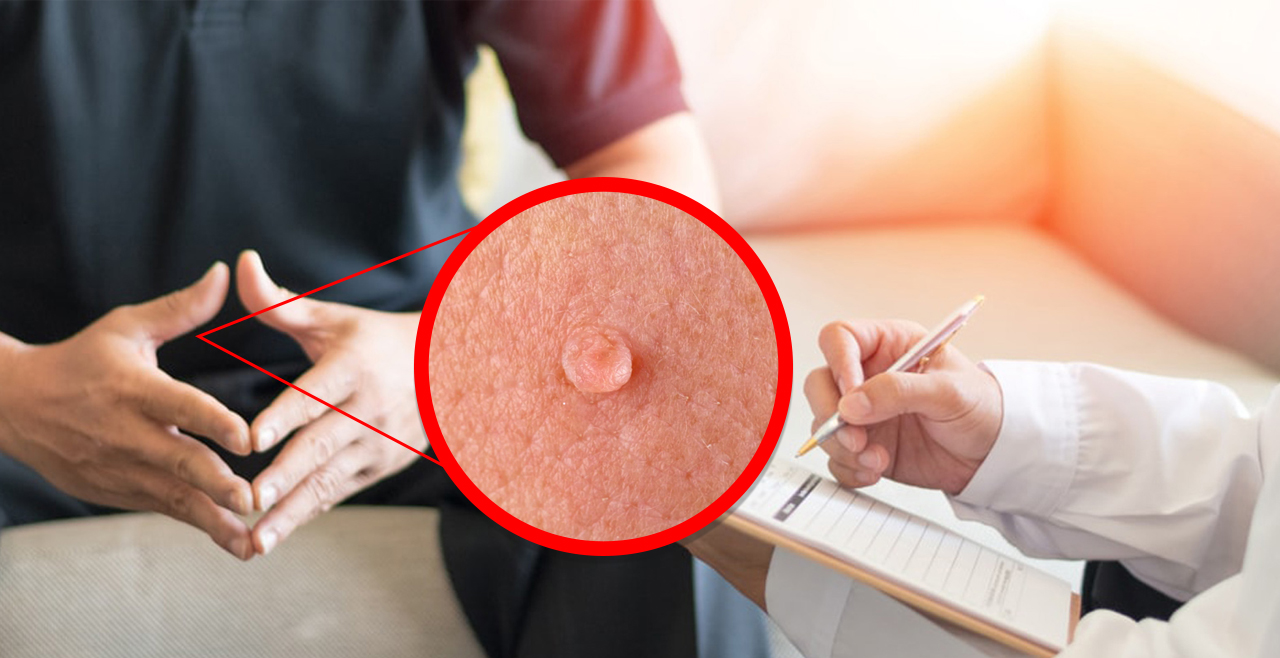
Genital wart is a condition where there is an occurrence of fleshy growth,skin changes or bumpy skin appearing around the genital or perineal area. These are quite common and occurs as a result of viral skin infection that is caused by the human papillomavirus. The human papillomavirus (HPV) is a family of more than 100 different strains of viruses and not a single one.
What Are The Common Symptoms Of Genital Warts?
Understanding the symptoms and seeking timely medical guidance can contribute to effective management and treatment of genital warts. If you suspect you have genital warts or are concerned about your sexual health, consulting with a doctor is recommended for personalized advice and appropriate interventions.
Genital warts, a manifestation of human papillomavirus (HPV) infection, present with distinctive symptoms that can vary in appearance and location. While HPV itself may not always exhibit visible signs, genital warts can cause notable changes in the skin around the genital or perineal area. Here are three common symptoms associated with genital warts:
Genital warts often appear as fleshy growths or skin changes in the genital or perineal region. These growths can range from small, raised bumps to larger, clustered masses.
The texture may vary, and they might have a cauliflower-like appearance. The color can range from flesh-toned to pink or red.
The affected area may develop a bumpy or rough skin texture, indicating the presence of genital warts.
These bumps can be individually noticeable or appear in clusters, contributing to the overall texture changes.
What Are The Common Concerns about Genital Warts:
Do Genital Warts Go Away?
Genital warts can exhibit varying outcomes. In some cases, the immune system can naturally clear the HPV infection, leading to the disappearance of warts over time. However, this process is not guaranteed, and some individuals may require medical intervention for wart removal.
Should I Worry if I Have Genital Warts?
While genital warts can be a cause for concern due to their association with HPV, it's essential to approach the situation with awareness and proactive healthcare. Genital warts are treatable, and medical options such as topical medications, cryotherapy (freezing), electrocauterization (burning), surgery, lasers, and interferon injections can be employed based on the severity and location of the warts.
Doctor Ramanjeet Sir conducts himself in a very kind and straightforward manner. He allots enough time for each patient. He carefully examines the patient's condition. The best Doctor for skin and hair problems.
Rachit Yadav
I am taking lazer hair reduction from here and the results are superb. My procedures are done by sonali and she is extremely knowledgeable and sweet. Thank you.
Muskan Bhardwaj
Dr.ramanjeet sir is such a nice doctor very calm and explain the situation very well and treatment shows very quick results. 💯👍 must visit if any hair or skin problem
Harshita Yadav